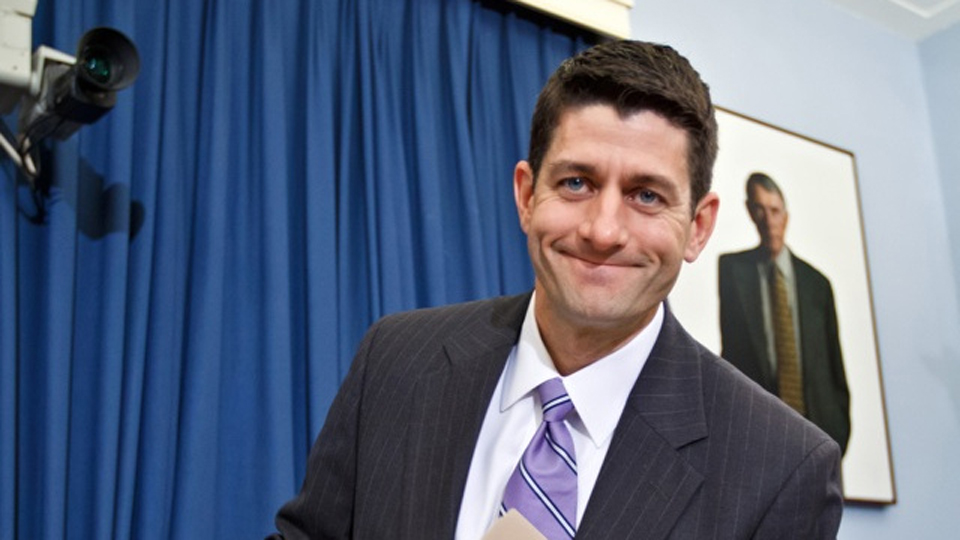
On the 40th anniversary of the landmark Roe v. Wade decision, the majority of the public in the US believe that abortion should be legal in all or most cases. More disappointingly perhaps for the rabid opponents of reproductive rights even in the case of rape, the overwhelming majority oppose overturning Roe v. Wade.
As the 40th anniversary of the Roe v. Wade Supreme Court decision takes place on Tuesday, a majority of Americans – for the first time – believe abortion should be legal in all or most cases, according to a new NBC News/Wall Street Journal poll.
What’s more, seven in 10 respondents oppose Roe v. Wade being overturned, which is the highest percentage on this question since 1989.
There are juicy details.
According to the poll, 54 percent of adults say that abortion should be legal either always or most of the time, while a combined 44 percent said it should be illegal – either with or without exceptions.
That’s the first time since this poll question was first asked in 2003 that a majority maintained that abortion should be legal. Previously (with just one exception in 2008), majorities said abortion should be illegal.
In addition, a whopping 70 percent of Americans oppose the Roe v. Wade decision being overturned, including 57 percent who feel strongly about this.
That’s up from the 58 percent who said the decision shouldn’t be overturned in 1989; the 60 percent who said this in 2002; and the 66 percent who said this in 2005.
By comparison, just 24 percent now want the Roe v. Wade decision overturned, including 21 percent who feel strongly about this position.
Contrary to what we often hear, support for reproductive rights had actually increased with time.
But my favorite part:
Much of this change, the NBC/WSJ pollsters say, is coming from African Americans, Latinos and women without college degrees — all of whom increasingly oppose the Supreme Court decision being overturned.
Which is not so good news for the religious right, given their hopes to appeal to minority voter using religious messages.
So why the change? Pollsters speculate.
“These are profound changes,” says Republican pollster Bill McInturff, who conducted this survey with Democratic pollster Peter D. Hart and his colleagues.
McInturff adds that the abortion-related events and rhetoric over the past year – which included controversial remarks on abortion and rape by two Republican Senate candidates, as well as a highly charged debate over contraception – helped shaped these changing poll numbers.
“The dialogue we have had in the last year has contributed … to inform and shift attitudes.”
Which is an interesting idea, given that some republicans are still defending Todd “legitimate rape” Akin and Richard “gift of God rape” Murdock, while others propose laws allowing rapists to sue their victims to prevent them from having abortions.
“Part of the reason the Dems still control the Senate is because of comments made in Missouri by Todd Akin and Indiana by Mourdock were considered a little bit over the top,” he said. “Mourdock basically said ‘Look, if there is conception in the aftermath of a rape, that’s still a child, and it’s a child of God, essentially.’ Now, in Indiana, that cost him the election.”
The insanity doesn’t even sell in Indiana!
Yep, they’ve learned from their loss.
